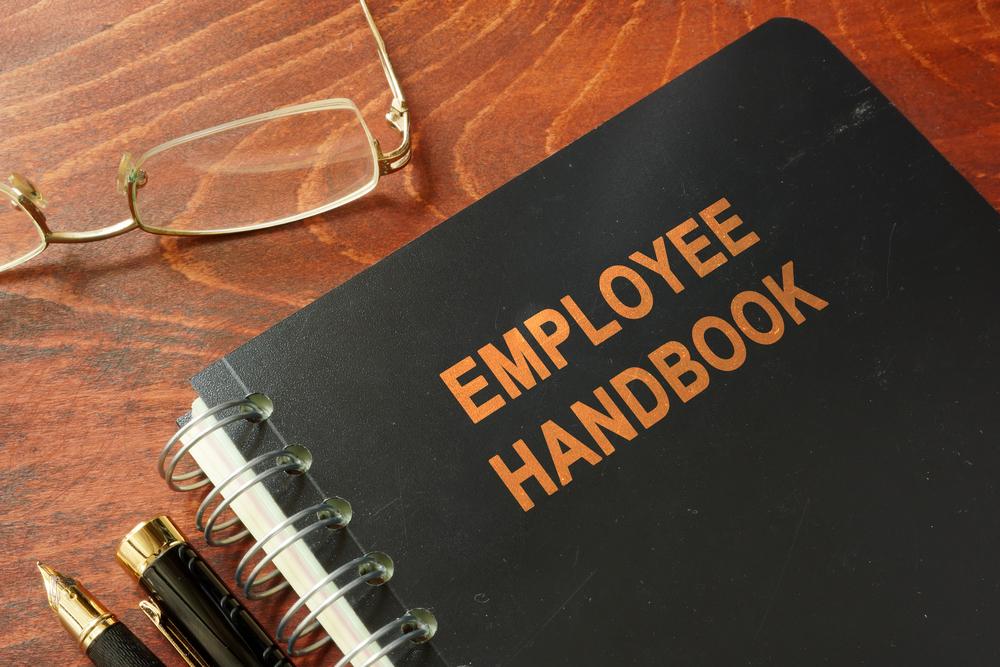Discussing politics in the workplace can be risky, but it happens, especially around every election season. Politics can divide and create an explosive atmosphere, which is why I strongly suggest avoiding the topic altogether.
However, for those who feel the need to bring politics into the workplace, here are some things to consider before doing so.
7 Things to Consider Before Discussing Politics in the Workplace
Politics and religion are two topics that tend to bring people to heated conversations and debates. Because of this, and for the sake of workplace civility, I always advise to keep them out of the workplace.
[bctt tweet=”Thinking about discussing #politics in the #workplace? Here are 7 things to consider before you do! #workplacecivility ” username=”rosalindatweets”]
Some people, however, just cannot help themselves. If you are one of those before you open your mouth in the workplace to talk about politics; I want you to stop and consider each of these 7 points.
1. What Is Your Goal?
If it’s to convert or challenge someone, don’t do it. How likely are you to change your mind if someone approaches you in attack mode?
2. What is Your Relationship with the Co-worker You are Engaging?
If you have an established and familiar relationship with a coworker where you’ve discussed politics or other hot-button topics, perhaps sharing a comment or two privately, can’t hurt. If it is someone you don’t know as well or a superior, simply avoid political conversations.
3. Have You Checked the Company’s Policy?
Some topics are off-limits or discouraged in the workplace because of the effects they can have.
Check your companies’ policies to see if they discourage these conversations. You don’t want to end up in HR, do you?
4. Do You Really Want to Risk Alienating Co-workers?
You can alienate coworkers; making it uncomfortable for them knowing what you think of “those people who vote for….”
5. How Will Your Boss React?
Your boss may deem starting a political conversation in the workplace to be poor judgment. Can he/she trust that you won’t offend a client?
6. What are the Personalities and Sensitivities of Your Co-workers?
If your coworkers are typically quiet and private, bringing up such a hot topic can make them feel singled out or even perceive it as harassment. If they tend to be more verbose or abrupt, it could lead to more heated conversations that become disruptive to the workplace.
7. Can You Rationally Have These Conversations and Maintain Control?
Do you typically get overly passionate when talking about politics? Whether it’s rage or enthusiasm, our body usually follows.
Getting too heated in conversation and physically close to coworkers can be perceived as aggression.
[Enjoy this content? You might also like: How to Survive Inauguration Day]
How to Avoid ‘Politics’ in the Office
If a co-worker engages you in a political conversation, asking for your opinion, you have choices on how to proceed. If you don’t want to participate at all, just say, “no comment,” and then either remove yourself from the conversation or change the subject.
If you’re going to respond, you can courteously make a brief comment about whom you are supporting, without tearing down the opposition or the people who support the candidate or issue. Beyond all else – Keep it civil.
Here’s more specific advice from a Q&A I received:
Q: Last week, I noticed that my boss had a sticker on her car supporting a candidate that I’m vehemently against. We never talked about politics in the three years that I’ve worked with her. I assumed that she was smarter than to support this candidate! How can I respect her now?
A: In three years, she obviously earned your respect, don’t tell me that you are so narrow-minded that you are going to allow one, albeit significant difference, erase or diminish the relationship. Will she treat you differently when she learns about your opposing view? She shouldn’t, it would not be professional conduct.
Focus on doing your job well and conducting yourself and your conversations in the workplace with dignity and respect. Focus on the good working relationship you and your boss have, and keep in mind that there could be others that think differently but choose to keep it private.
When it comes to discussing politics in the workplace, here are my final thoughts:
Sometimes we assume that everyone we work with thinks just like us. That is not so. Your stance, comments, or name-calling may be alienating or offending a coworker, client, or boss. Moreover, some people choose to keep their opinions private or remain neutral—always a good career move. Find other topics to trends to talk about. Doing so will make you more interesting and encourage a more positive, civil, and lighthearted workplace atmosphere.










